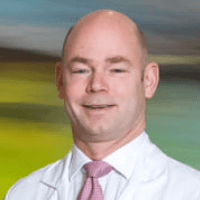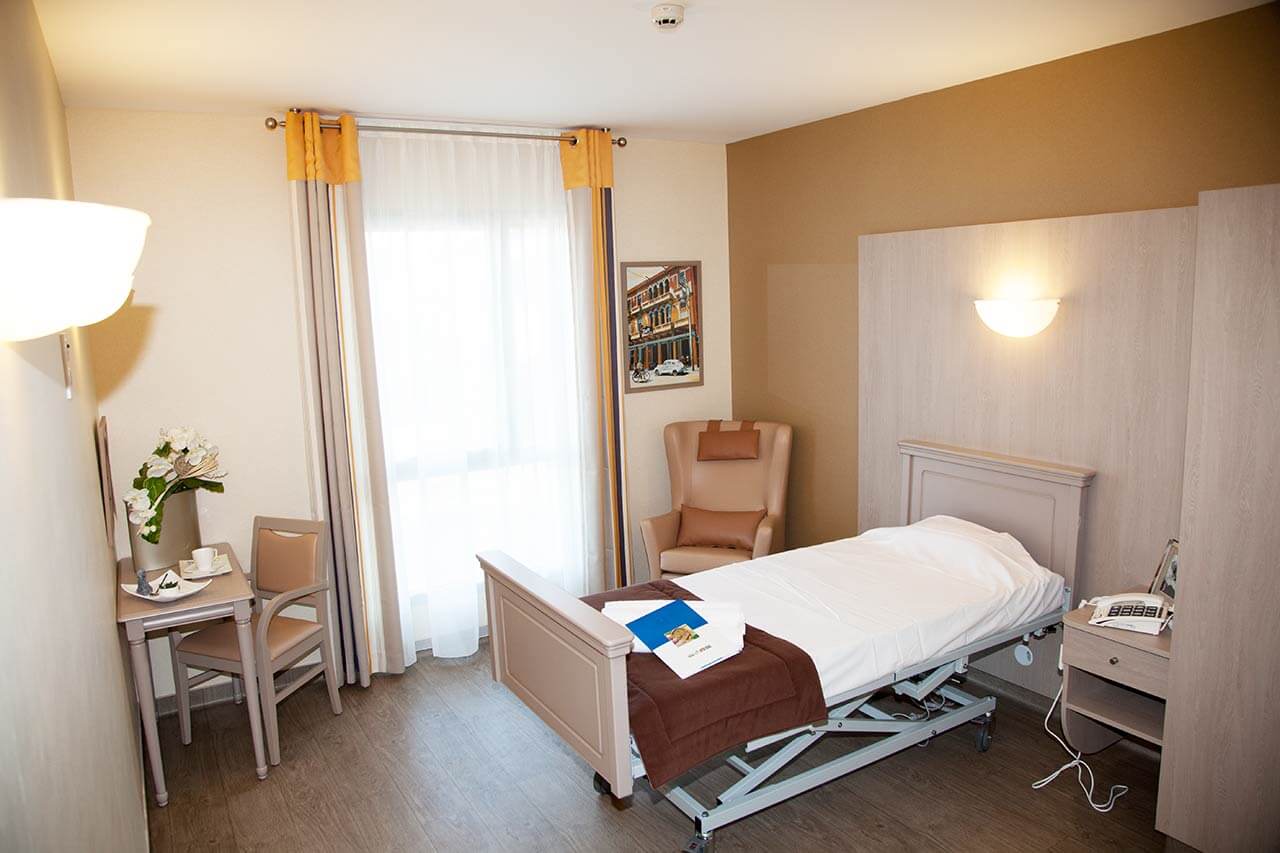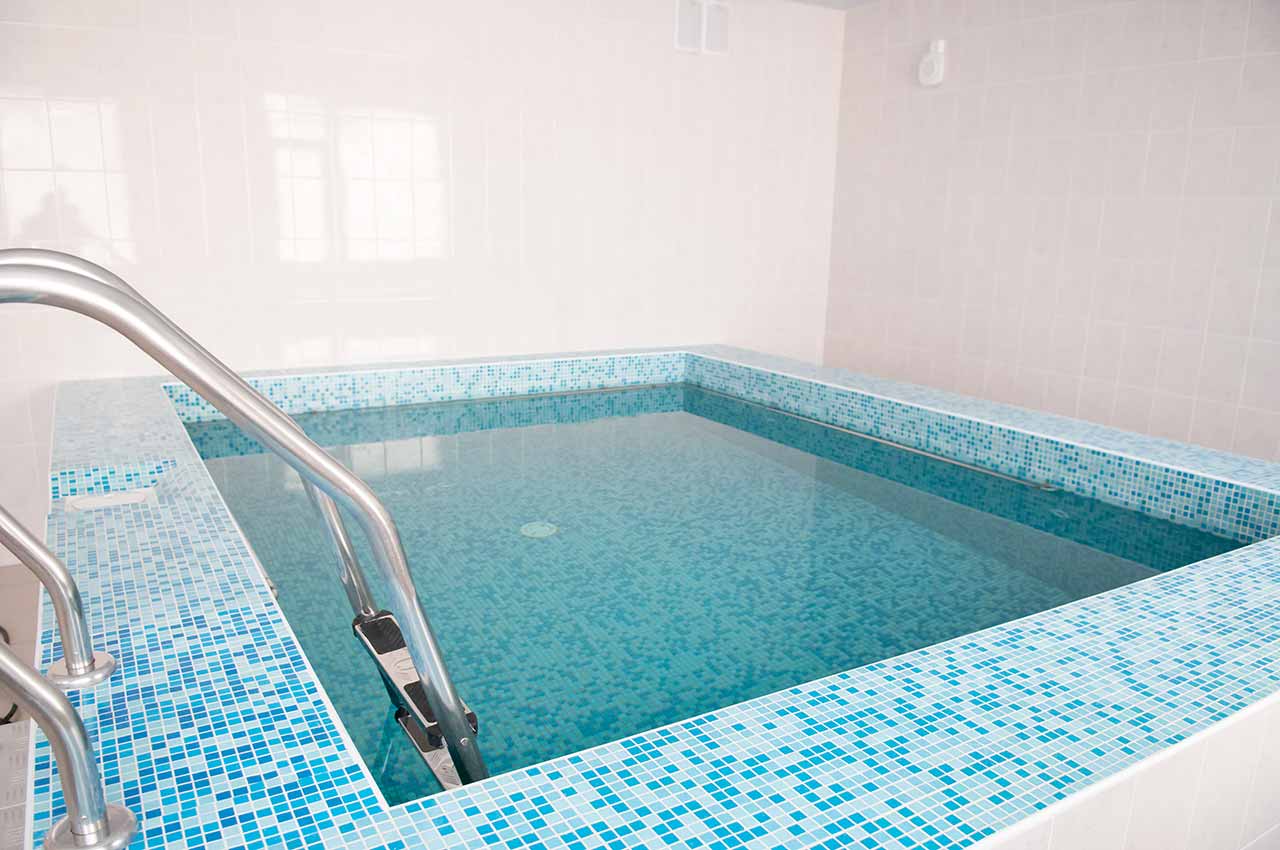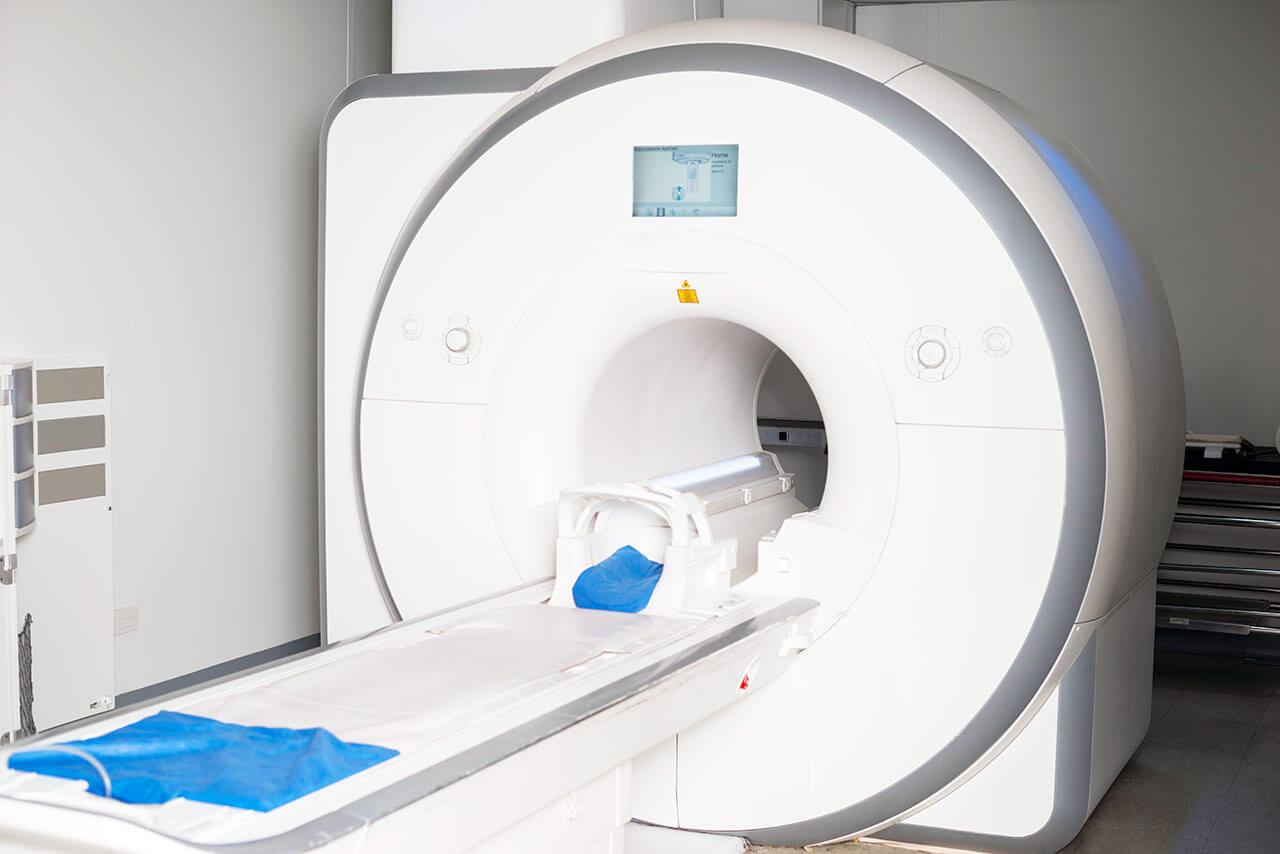
About the Department of Neurological Rehabilitation at OptimaMed Neurological Rehabilitation Clinic Kitsee
The Department of Neurological Rehabilitation at the OptimaMed Neurological Rehabilitation Clinic Kitsee offers the full range of services in the area of its specialization. The department has more than 35 treatment rooms equipped with modern robotic simulators and all other necessary professional equipment for neurological rehabilitation of phases C and D (according to the classification of the Austrian Society of Neurorehabilitation). In addition, the department has the advanced diagnostic equipment for a comprehensive assessment of the patient's health prior to treatment. The department most often admits patients with stroke, multiple sclerosis, Parkinson's disease, traumatic brain injury and polyneuropathies. The department's rehabilitation therapists provide their patients with individually selected treatment, taking into account their particular needs. The primary goal of all therapeutic measures is to train the patient the ability for self-care, and, if possible, reintegrate the person into professional activity. The Chief Physician of the department is Hon. Prof. Dr. med. Nikolaus Steinhoff.
When the department admits a patient, the attending physician carries out clinical examination and prescribes the necessary set of diagnostic tests in order to obtain comprehensive information about the health status of a particular patient. The diagnostic rooms of the medical facility are equipped with modern systems for cardiological diagnostics, including ultrasound scanning, spiroergometry and daily ECG monitoring, fiberoptic endoscopic evaluation of swallowing, lumbar puncture, neuropsychological diagnostics of cognitive functions, nerve conduction velocity test, electromyography, electroencephalography, recording of evoked potentials, etc. The examination results help the doctor to comprehensively assess the clinical case and develop an optimal rehabilitation regimen, taking into account individual indications.
In most cases, the duration of the rehabilitation program is 4 weeks. If necessary, the department's doctors can prescribe a program for 6 weeks. Depending on the goal of therapy, the rehabilitation measures may be performed for the patient individually or in groups. The entire rehabilitation course is carefully monitored by the department's experienced specialists. If necessary, they change the program or increase the intensity of training.
The success of rehabilitation largely depends on the level of equipment of the clinic, and therefore the department uses the most advanced devices, which are available only in the best rehabilitation centers in the world. For example, such innovations include the AquaRunner treadmill. The system allows the patient to train his walking skills in water. The device is a special pool with a countercurrent flow system, which contains a treadmill inside. During training, the patient holds special handles at the edges of the pool and makes movements. At this time, his attending physician is next to him, he controls the whole therapeutic process and monitors the sequence of movements. This type of therapy is ideal for people suffering from partial or complete paralysis of the lower limbs, ataxic gait, impaired coordination of movements. The device is also suitable for people suffering from chronic pain, overweight and patients with spinal diseases.
In addition, the department successfully uses the Lokomat robot-assisted gait training simulator. This device also serves for the restoration of walking skills. Thanks to its unique design, the Lokomat system is customizable to the individual anatomy of different patients. The presence of the patient's weight unloading system allows the doctors to create a lightened condition, which increases the duration of training, and also makes it possible to conduct training at various stages of recovery. The presence of biofeedback allows the rehabilitation therapist to better assess the patient's participation in the training process and adjust the load. The Armeo simulator is also actively used in clinical practice. It serves for the restoration of fine motor skills of the hand and for normalization of movements of the upper limbs. The simulator is also adjusted to the individual features of the body of a particular patient, which makes the training as effective as possible.
The department specializes in neurological rehabilitation in patients with the following diseases:
- Stroke
- Multiple sclerosis
- Parkinson's disease
- Polyneuropathies
- Traumatic brain injuries
- Pathological conditions after spinal and skull base surgery
- Cognitive disorders caused by neurological pathologies
- Other neurological disorders
The department's therapeutic options include:
- Physiotherapy
- Ergotherapy
- Speech therapy, including therapeutic measures for the restoration of normal swallowing
- Neuropsychology for the improvement of cognitive skills (attention and concentration, ability to respond and concentrate)
- Therapeutic massage
- Lymphatic drainage
- Connective tissue massage
- Physiotherapy
- Electrotherapy
- Thermotherapy
- Diet therapy
- Sports to improve endurance
- Relaxation therapy
- Other rehabilitation techniques
Curriculum vitae
Hon. Prof. Dr. med. Nikolaus Steinhoff is the Head of the Department of Neurological Rehabilitation at the OptimaMed Neurological Rehabilitation Clinic Kitsee. He underwent his medical training at the Faculty of Medicine of the Leopold Franzens University of Innsbruck. This was followed by specialized training in Neurology in the Department of Neurological Rehabilitation at the University Hospital Vienna (focus on the treatment of traumatic brain injuries and severe pathologies of the nervous system). Prior to his work at the OptimaMed Neurological Rehabilitation Clinic Kitsee, Dr. Nikolaus Steinhoff headed the Intensive Care Unit of the Department of Neurology at the State Hospital in Hochegg, Austria.
Photo of the doctor: (c) OptimaMed Neurologisches Rehabilitationszentrum Kittsee




